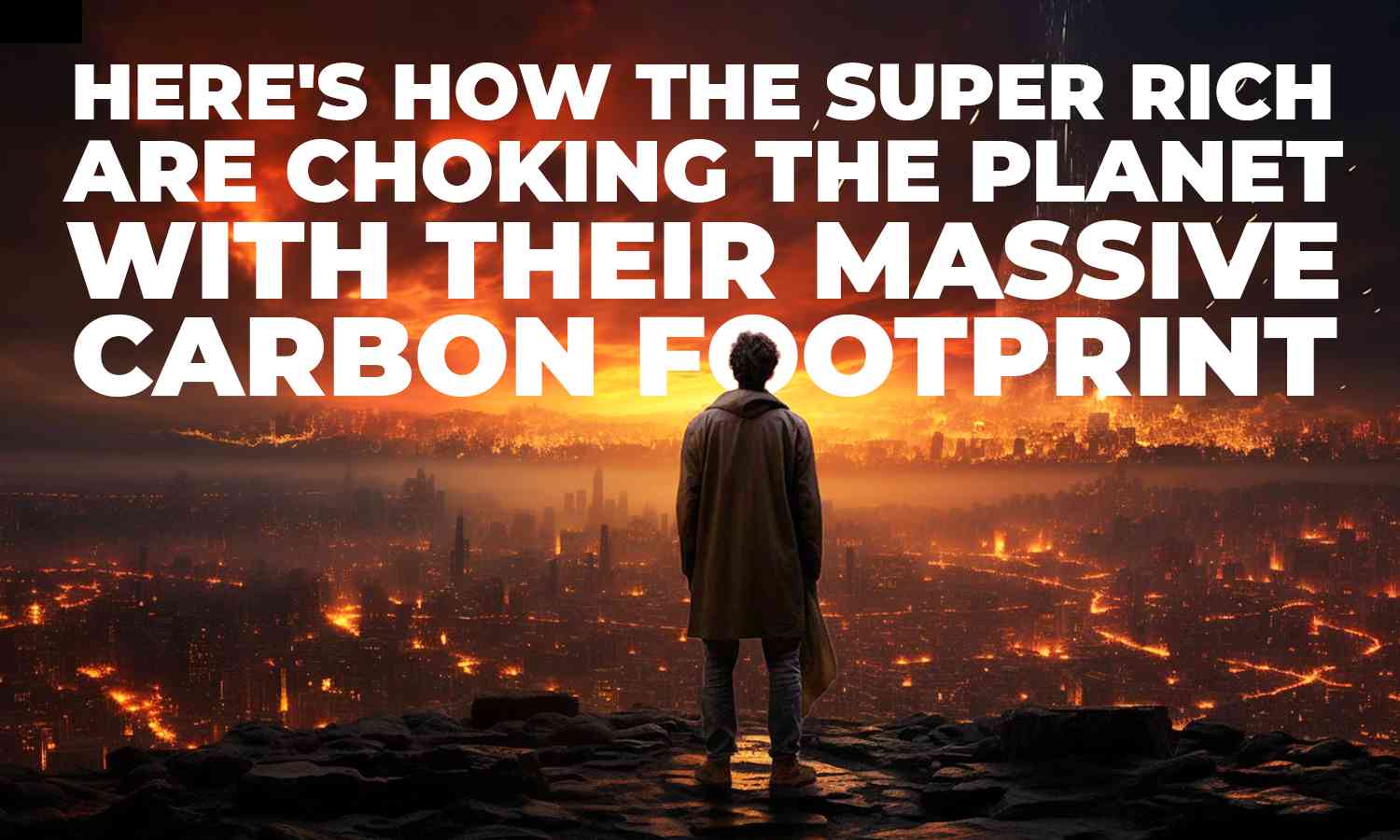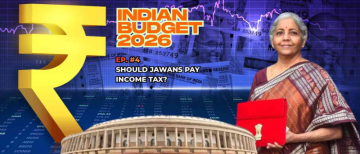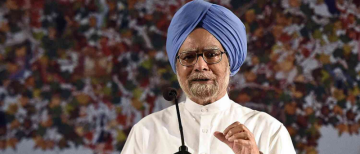As we stand at the end of 2023, the spectre of climate change has loomed ominously throughout, casting an ever-lengthening shadow over the future days of our planet. The year has seen an escalation in extreme weather events, with mountains crumbling, wildfires raging, hurricanes intensifying, and heatwaves scorching regions worldwide. Amidst these pressing challenges, the recent report by Oxfam International exposes a disconcerting truth - the disproportionate carbon footprint of the wealthiest 1% - exacerbating the climate crisis to unprecedented levels.
The recent report by Oxfam International has cast a glaring spotlight on the egregious carbon emissions of the world's richest 1%, revealing an alarming truth. As the global community grapples with the impending climate crisis, this revelation underscores the undeniable link between extreme wealth and environmental devastation. It is a clarion call urging a paradigm shift in the way we perceive responsibility, wealth distribution, and urgent climate action.
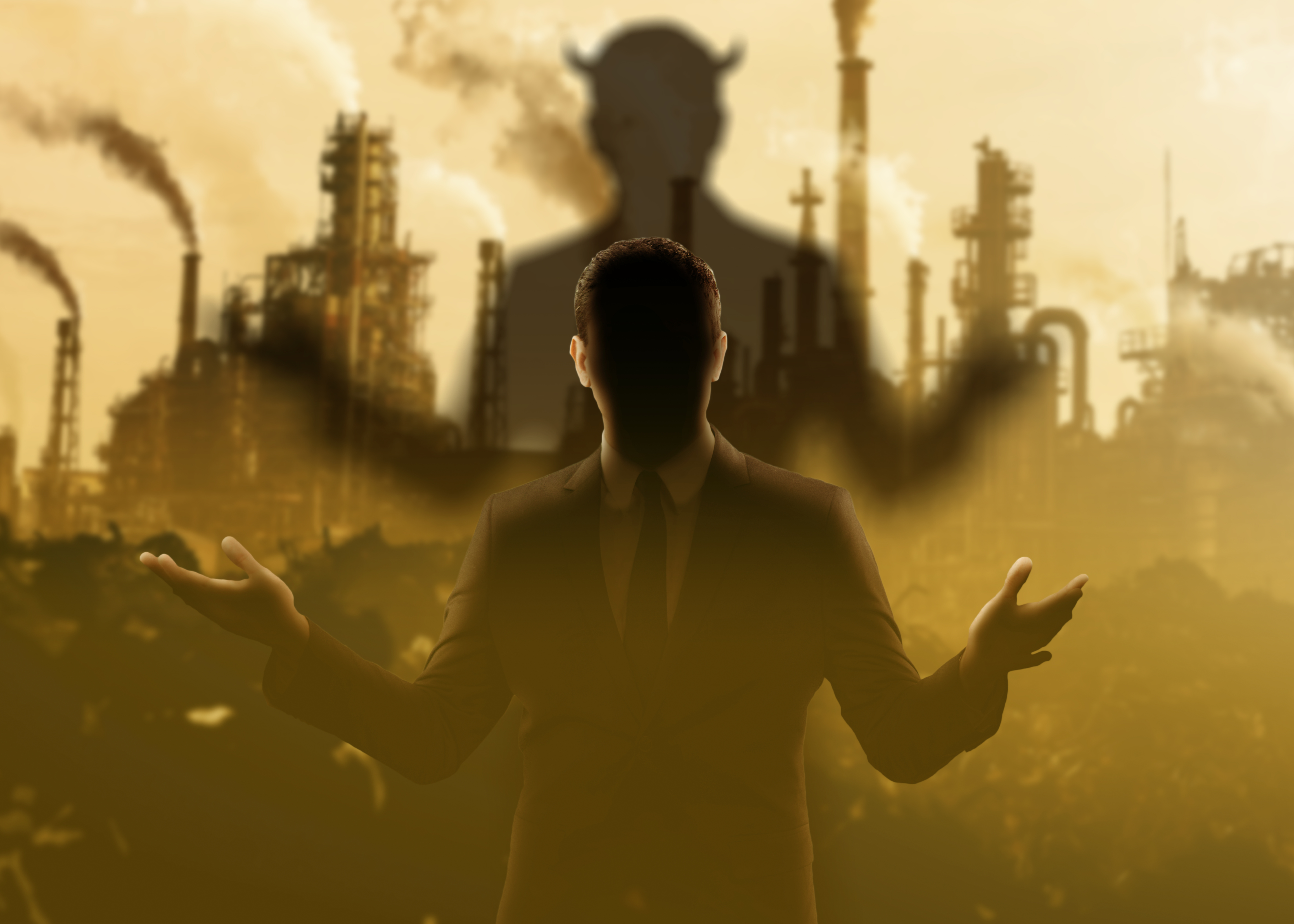
The report's pivotal revelation is staggering: the carbon emissions stemming from the top 1% match the combined emissions of billions comprising the poorest segments of humanity. This stark inequality in emissions raises fundamental questions about accountability and the disproportionate impact of affluent lifestyles on the planet.
The ramifications of this inequality are dire. The emissions from the super-rich are predicted to cause 1.3 million heat-related deaths by the end of this decade, portraying a harrowing reality where extreme wealth correlates with environmental harm and human suffering.
At the heart of this issue lies a call for systemic change. Oxfam's proposition of imposing a 60% tax on the incomes of the super-rich not only aims to curtail emissions but also intends to funnel trillions of dollars into renewable energy initiatives. This suggests a radical yet essential step towards mitigating the climate crisis.
It is imperative to dissect the multifaceted roles played by the ultra-wealthy in perpetuating this crisis. Their opulent lifestyles, characterised by private jets, super-yachts, and lavish consumption, significantly contribute to emissions. Moreover, their investment choices predominantly favour polluting industries, a stark contrast to urgent needs for renewable energy solutions.
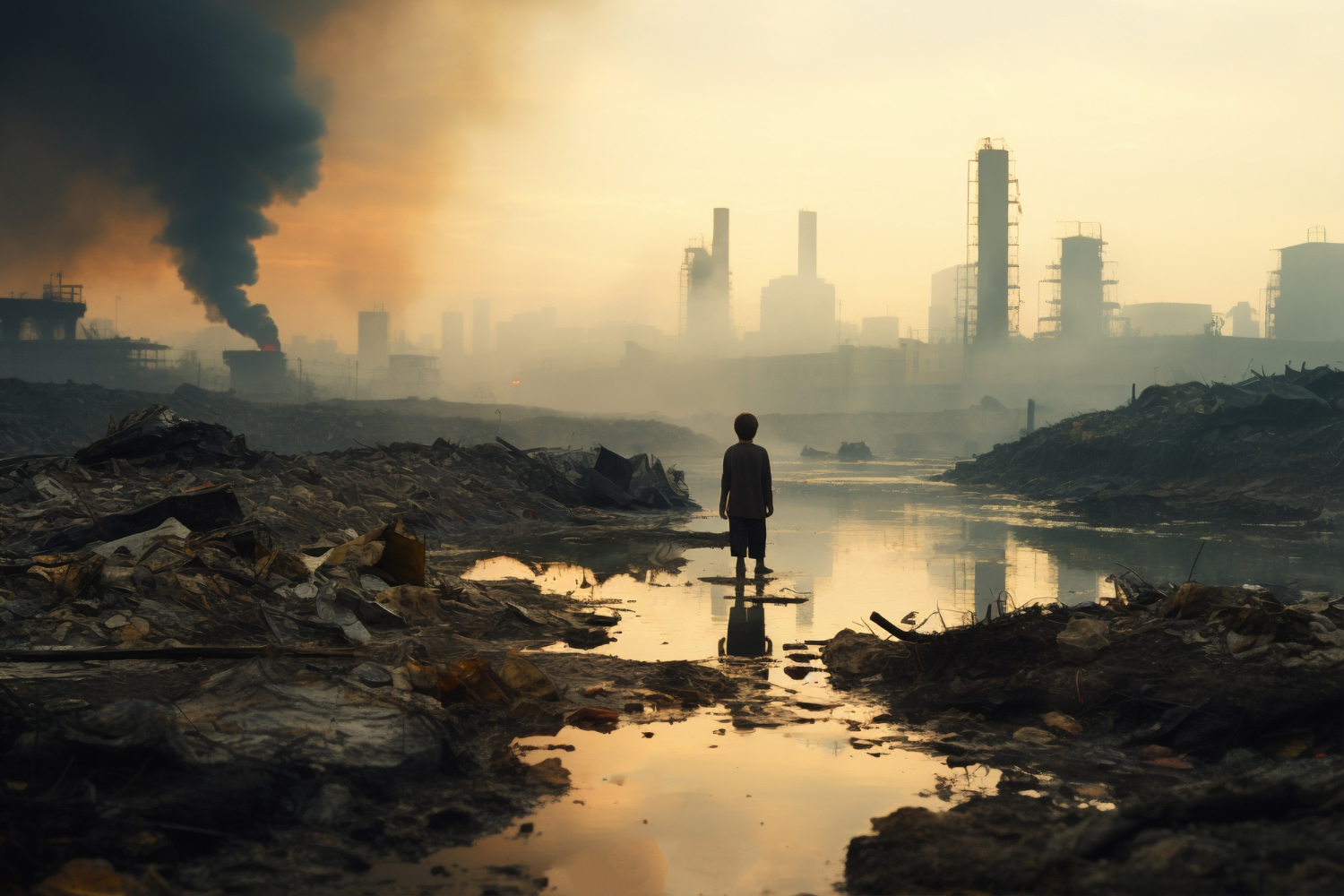
The report also accentuates the historical and colonial legacy of affluent nations in exacerbating the climate crisis. Wealthy countries, largely responsible for excessive emissions, must lead the charge in reducing carbon footprints and embedding equity in their climate strategies. The concept of 'common but differentiated responsibility' must cease to be a mere rhetoric and transform into actionable policies.
However, this disparity in emissions isn't merely about carbon figures. It's about the unequal burden of climate impacts borne by marginalised communities, particularly women, people of colour, and those in low-income nations. They face disproportionate vulnerability and limited resources to cope with climate-related disasters, magnifying the urgency for equitable interventions.
Moreover, the super-rich's ability to protect themselves from climate impacts starkly contrasts with the vulnerability of impoverished communities. The report highlights how climate crises perpetuate and exacerbate existing inequalities, leaving the marginalised without adequate support or voice in decision-making processes.
The road ahead demands a collective commitment to restructuring our socio-economic systems. Initiatives like imposing wealth taxes, transitioning away from fossil fuels, and prioritising equity in climate policies are not merely options but imperatives for a sustainable future.
This is not just an environmental issue; it's a matter of ethical responsibility, societal fairness, and global solidarity. We must hold the wealthy accountable, challenge systemic inequalities, and forge a future where the burden of climate action isn't disproportionately placed on the most vulnerable.
_1700979223.jpg)
The report serves as a catalyst, compelling us to rethink our values, policies, and priorities. It's a wake-up call urging us to prioritise humanity and the planet over profit and opulence. The time to act is now. The world cannot afford to delay or deny the urgency of this climate emergency.
In conclusion, the report's revelations demand introspection, action, and global cooperation. It's an urgent plea to transform our societies, economics, and governance to create a more just, equitable, and sustainable world for generations to come.
In a world where climate change has intensified its grip, 2023 stands as a pivotal juncture demanding resolute action. The Oxfam report unveils an uncomfortable reality that demands our immediate attention. The staggering inequality in carbon emissions between the affluent and the marginalised underscores the urgent need for a systemic transformation. It's a call for solidarity, responsibility, and a collective commitment to forge a future where equity, sustainability, and the well-being of all life on Earth take precedence over opulence and unchecked emissions.
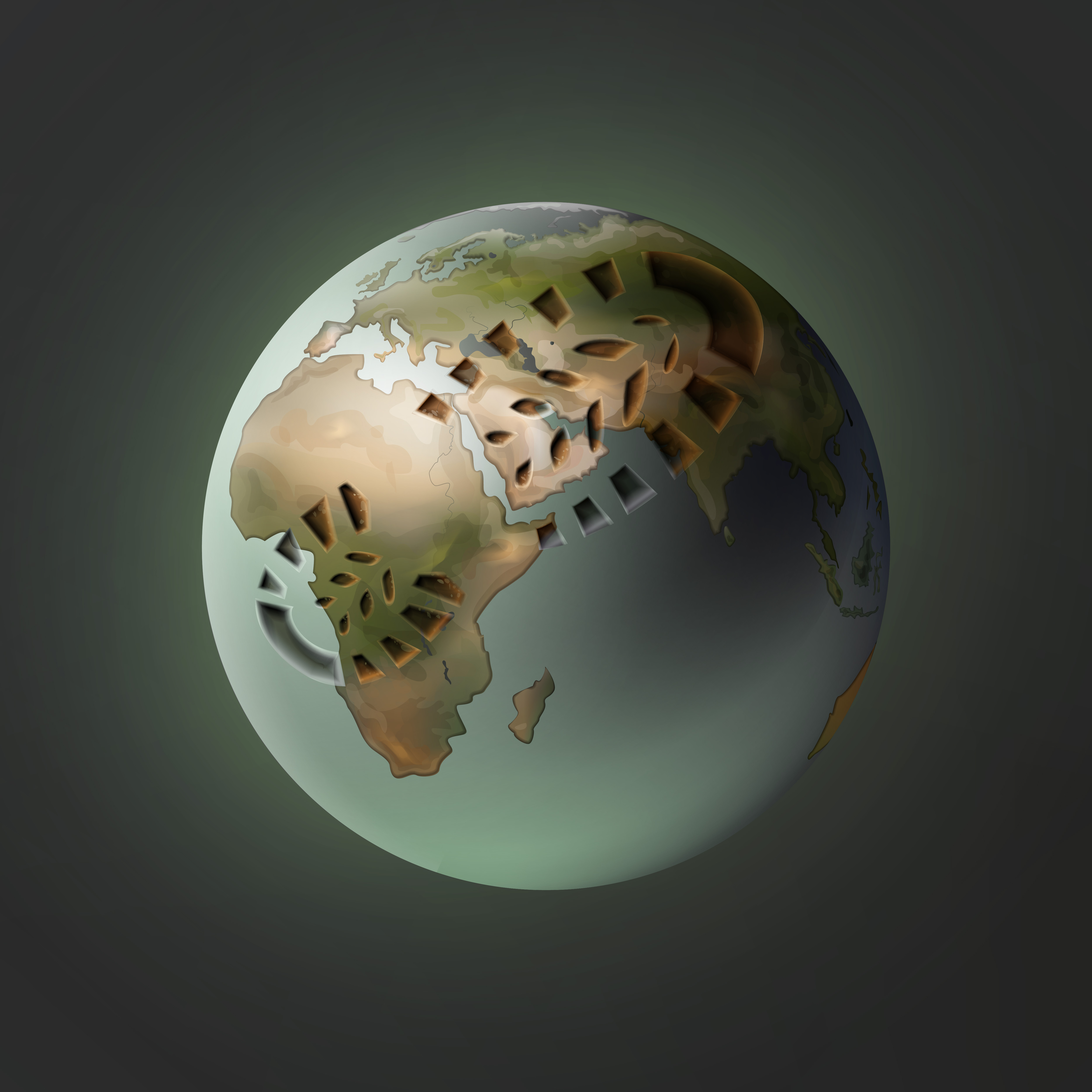
Now, more than ever, we are tasked with a collective responsibility to ensure that wealth doesn't equate to environmental exploitation. It's not merely a matter of carbon figures but a question of morality, justice, and our stewardship of this fragile planet. The time to act decisively and inclusively is upon us. Let us seize this moment to reframe our priorities, reform our systems, and ensure a future where everyone, irrespective of wealth or status, can thrive harmoniously on a planet safeguarded from the ravages of an unchecked climate crisis.
Read the OXFAM report here - https://shorturl.at/jGMRW
©️ Copyright 2023. All Rights Reserved Powered by Vygr Media.

